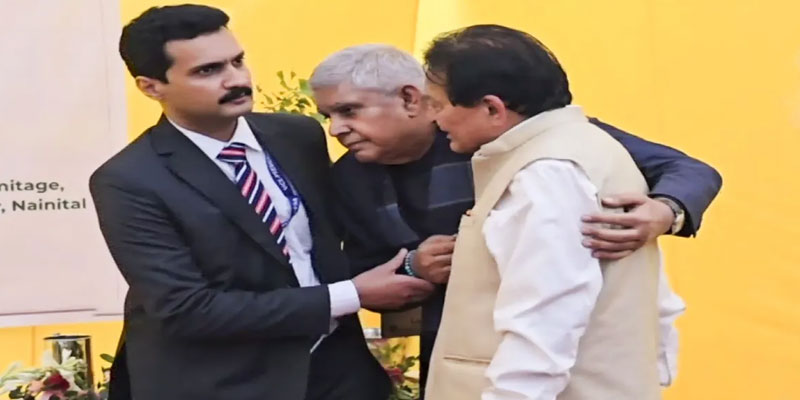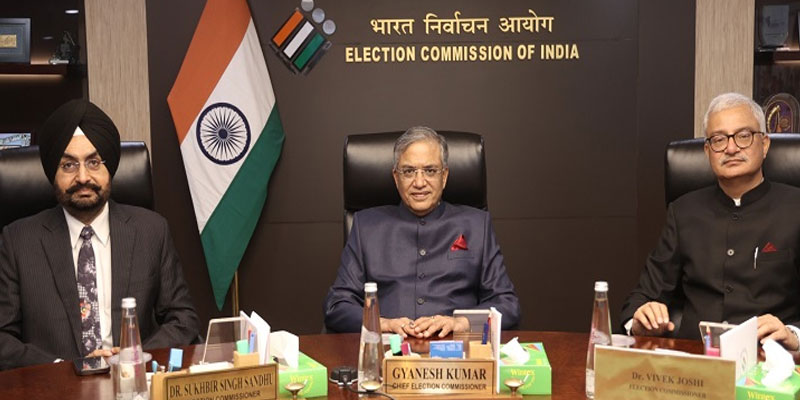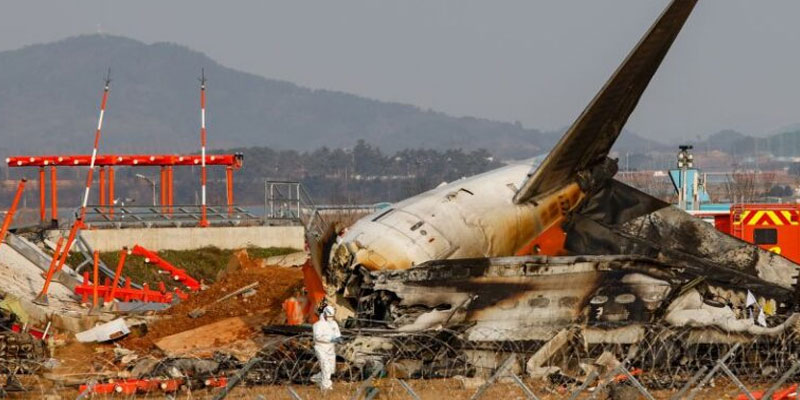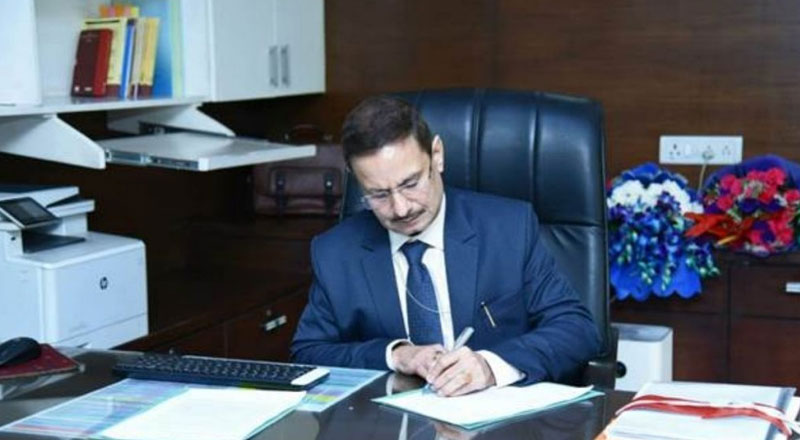Director of Gujarat Samachar Firm Arrested by ED
The Enforcement Directorate (ED) has intensified its scrutiny of media-linked financial networks with the arrest of Bahubali Shah, one of the directors of Lok Prakashan Limited, the publishing house behind Gujarat Samachar—Gujarat’s most influential daily. Shah was taken into custody on Thursday in connection with a money laundering case, marking a significant move by the central agency that has since sparked widespread political and public backlash.
Raids Follow High-Profile Arrest Amid Media Crackdown Allegations
Just a day after Shah’s arrest, ED officials conducted extensive raids across multiple Mumbai premises associated with Gujarat Samachar and its media wing GSTV. These searches follow earlier Income Tax department raids that reportedly lasted over 36 hours. The ED has not issued a formal statement detailing the allegations, but sources indicate that Shah is linked to over 15 business entities, raising questions about complex financial trails and potential regulatory violations.
Bahubali Shah, aged 73 and a noted figure in Gujarat’s media landscape, is also the younger brother of Shreyansh Shah, the managing editor of Gujarat Samachar. His arrest has fueled speculation about whether the enforcement actions are legally driven or politically motivated.
Health Complications Lead to Interim Bail
Following his arrest, Shah’s health deteriorated rapidly, resulting in hospitalization and placement in the ICU. In light of his condition, a Special PMLA Court in Ahmedabad granted him interim bail on Friday. The court adjourned the regular bail plea hearing to May 31, noting that the ED did not oppose the interim release.
Importantly, the agency consented to bail “strictly on humanitarian grounds” and did not request his remand. The court has mandated that Shah’s medical status be reported every 48 hours, and he is required to cooperate with the ongoing investigation, subject to his health.
Political Fallout: Opposition Slams Centre for ‘Silencing Media’
The arrest has rapidly taken on political overtones, with major opposition leaders condemning it as a blatant attempt to muzzle independent media.
Congress leader Rahul Gandhi was among the first to react, calling the arrest part of a “conspiracy to suppress democracy.” In a post on X, he wrote, “The attempt to silence Gujarat Samachar is another conspiracy to suppress the voice of not just one newspaper but the entire democracy.”
He further warned that such actions represent “politics of fear”, which, according to him, has become a hallmark of the current regime under Prime Minister Narendra Modi.
K.C. Venugopal, Congress General Secretary (Organisation), echoed similar sentiments, accusing the government of “misusing investigative agencies” to make independent media “toe the regime’s line.” He emphasized that Gujarat Samachar had long been a vocal critic of the BJP-led central government, making the ED’s timing questionable.
AAP chief Arvind Kejriwal and Gujarat MLA Jignesh Mevani also raised concerns over the ED’s actions. Mevani called the arrest “shameful” and alleged it was “revenge” for decades of criticism Gujarat Samachar has levied against Modi and Amit Shah’s policies.
Adding to the controversy, earlier this month, the official social media handle of Gujarat Samachar was withheld, although no official explanation was provided, compounding fears of systemic pressure on the publication.
Broader Context: ED's Role and Concerns Over Press Freedom
The Enforcement Directorate has often been accused by opposition parties of being selectively aggressive, particularly toward critics of the central government. While the agency claims to be upholding financial integrity, critics argue that such raids on media houses, especially ones known for critical coverage, threaten press freedom and create a chilling effect across newsrooms.
While Shah’s business dealings may well be under legitimate scrutiny, the lack of transparent communication from the ED, combined with political overtones, continues to erode public confidence in the impartiality of investigative processes.
A Test of Democratic Values Amid Legal Proceedings
The arrest and subsequent release of Bahubali Shah have become more than a legal matter—they are now a litmus test for India’s commitment to democratic principles, including freedom of the press. With Gujarat Samachar being a historically influential and often dissenting voice in Gujarat's media ecosystem, the stakes are high.
As the legal process unfolds, it remains imperative that due process is upheld, institutional transparency is maintained, and the independence of the press is respected. The balance between investigating financial crimes and safeguarding democratic discourse is delicate—and how this case proceeds may set a precedent for the media-government dynamic in the years ahead.
(With agency inputs)






















